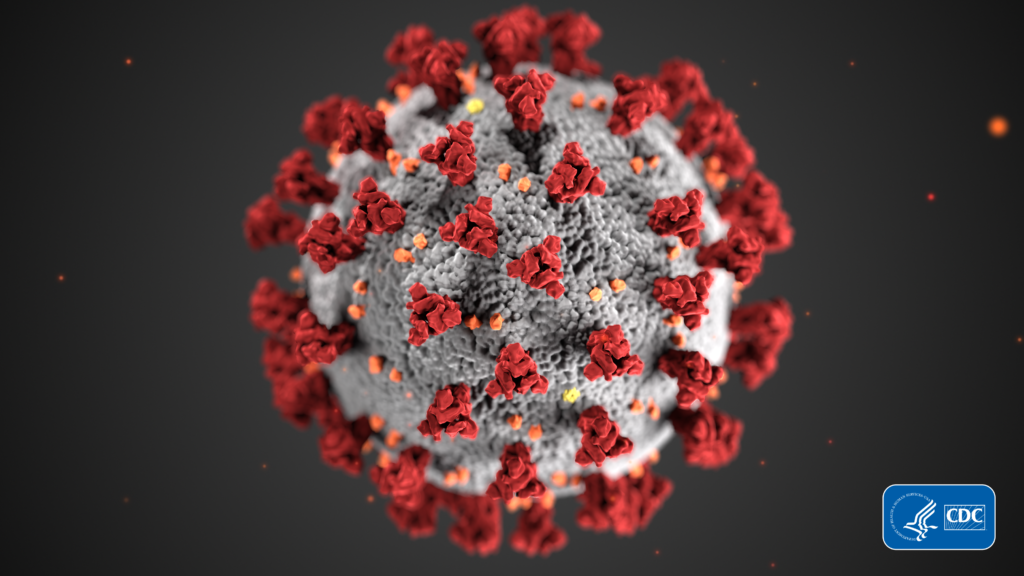Mamas + Masa + Folic Acid = Healthier Babies
This Mother’s Day, we want to reflect on a recent announcement by the Food and Drug Administration (FDA) to allow corn masa flour—the main ingredient of tortillas—to be fortified with folic acid. By fortifying a dietary staple among Latino families, corn masa manufacturers will help raise our community’s levels of this B vitamin that is essential in producing red blood cells and in making and repairing DNA. This is a major public health approach to reduce the rate of potential birth defects, such as spina bifida, among all children.
It is hard to convey our excitement about this simple step that will mean so much to Latino families who might otherwise face the challenges of having a child with a birth defect. Too little folic acid—less than 400 micrograms for women of childbearing age—can cause neural tube defects in the early stages of pregnancy. By fortifying popular foods with folic acid—a step the FDA took in 1996 for wheat and other flours—women are more likely to have the proper levels of this vitamin before they may even know they’re pregnant. If people don’t consume enough leafy greens and citrus to have folic acid levels needed for a healthy pregnancy, then fortification can prevent them from being deficient in this critical vitamin.
Keep up with the latest from UnidosUS
Sign up for the weekly UnidosUS Action Network newsletter delivered every Thursday.
 NCLR has worked on this issue for more than a decade with multiple private and public partners, including the Centers for Disease Control and Prevention, Walmart, and others to collect data, conduct research, and inform the need to improve healthier birth outcomes. In 2012, a Citizens Petition was filed by the March of Dimes, American Academy of Pediatrics, NCLR, Spina Bifida Association, Royal DSM, and Gruma Corporation requesting folic acid fortification in corn masa flour. This action is what prompted the FDA to consider the science supporting the health benefits of doing so and come to this decision, effective immediately.
NCLR has worked on this issue for more than a decade with multiple private and public partners, including the Centers for Disease Control and Prevention, Walmart, and others to collect data, conduct research, and inform the need to improve healthier birth outcomes. In 2012, a Citizens Petition was filed by the March of Dimes, American Academy of Pediatrics, NCLR, Spina Bifida Association, Royal DSM, and Gruma Corporation requesting folic acid fortification in corn masa flour. This action is what prompted the FDA to consider the science supporting the health benefits of doing so and come to this decision, effective immediately.
Approximately 3,000 pregnancies are affected by neural tube defects, such as spina bifida, every year in the United States. Latinas have a 20% more likely chance than non-Hispanic White women of having a child with a neural tube disorder. The U.S. Hispanic population is a young one; according to the U.S. Census, the median age for Latina women in 2011 was 27.6 compared to non-Hispanic White women at 42.3.
We all want babies to have a healthy start in life. The FDA decision this spring is an important step for America’s future generation, and specifically for Latino families. On this Mother’s Day, we commend our public and private partners for taking bold steps to make a dent in closing the disparity gap to improve the maternal and child health of our nation. There is no better news for a mother than the good health and well-being of her child.
¡Felíz Día de las Madres y buen provecho!

